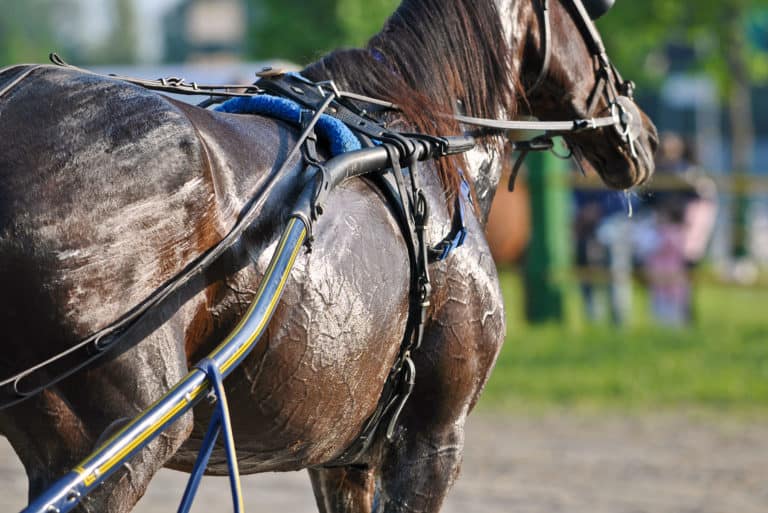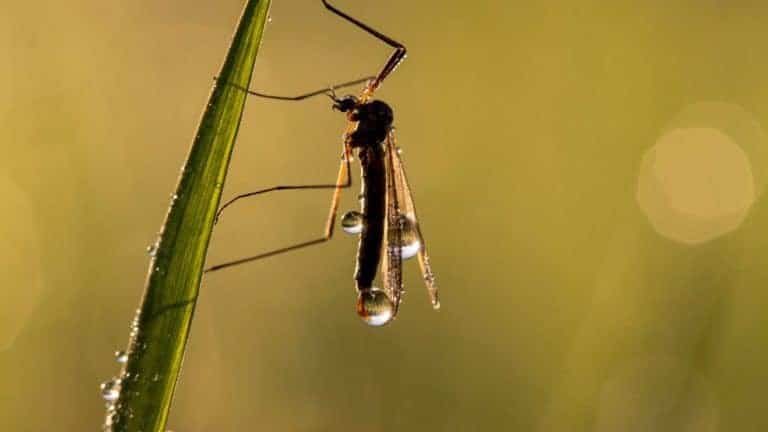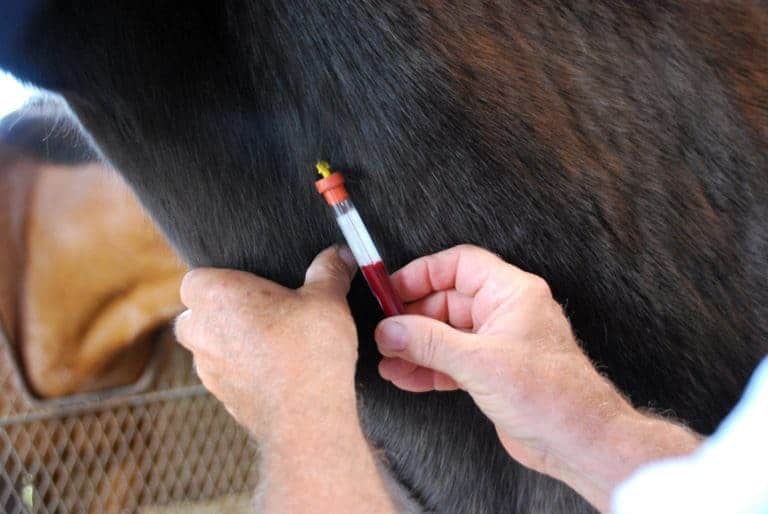Olympic Contender Survives Colic
In May, colic almost took the life of the Dutch Warmblood gelding Grandeur, who was days away from a bid for the 2000 U.S. Olympic dressage squad.
With his rider, 1996 dressage team bronze medalist Steffen Peters, 12-year-old Grandeur wa















